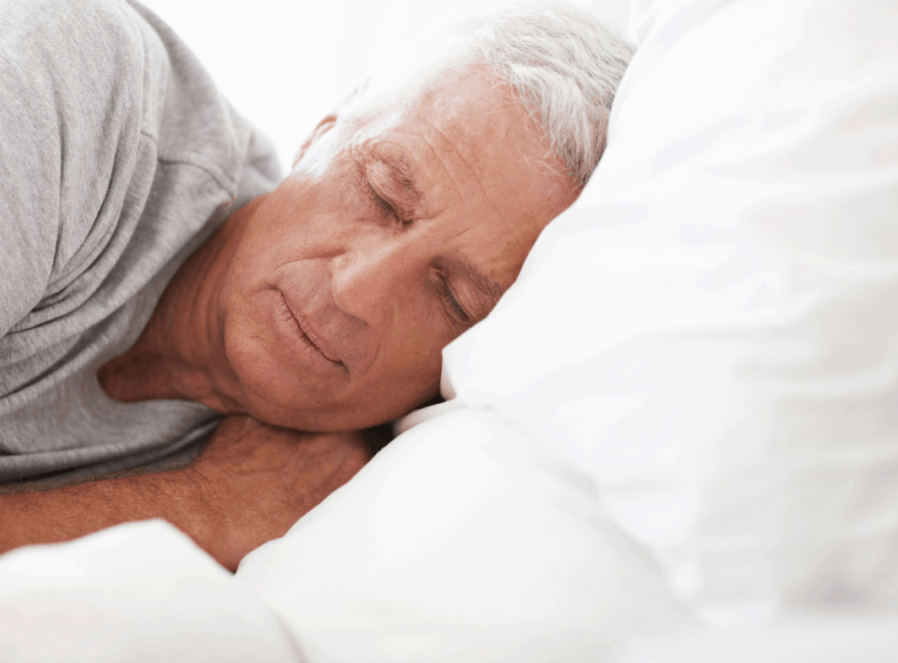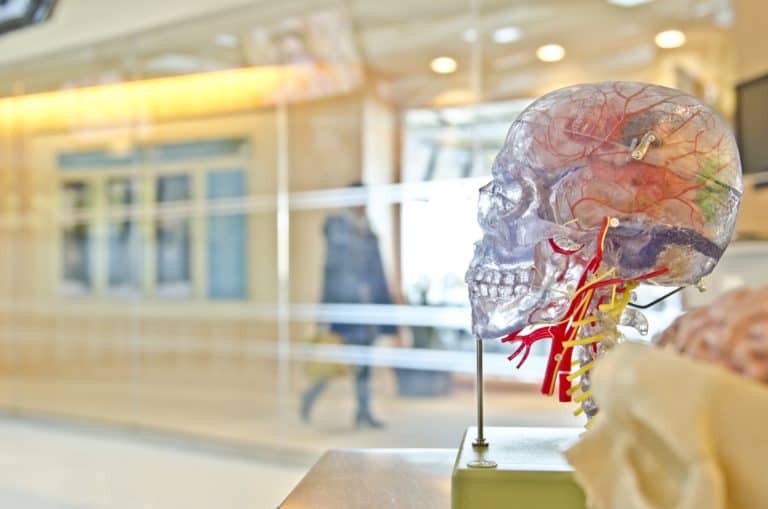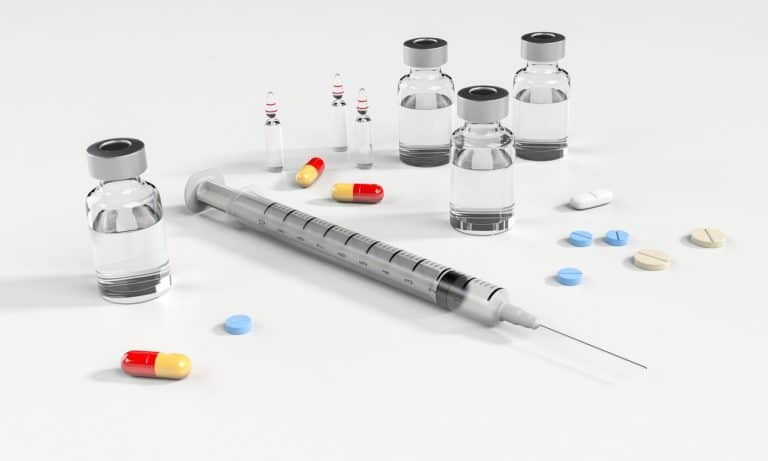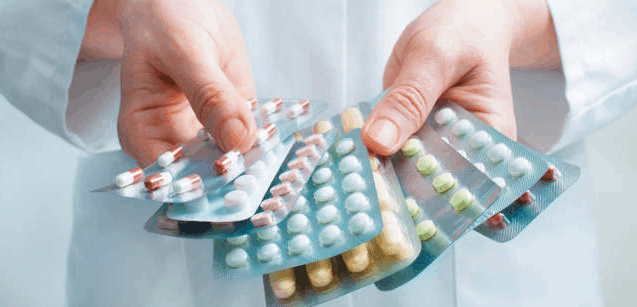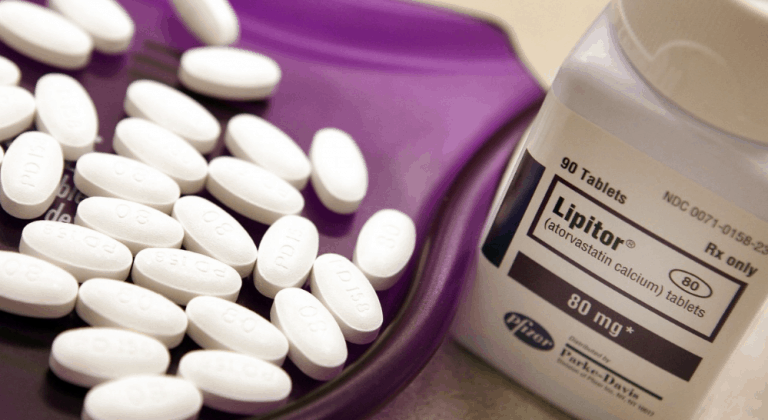The word “cancer” is practically synonymous with “chemotherapy.” However, prostate cancer can be treated with a range of methods, from chemotherapy to cryosurgery. Every man will experience different effects during prostate cancer recovery, depending on the specific prostate cancer treatment. Talk to your doctor about what to expect, and make sure that you know all of the possible side effects of each course of treatment before choosing one. As you undergo treatment for prostate cancer, it’s important to put yourself first. Take care of your general health and take steps to manage your side effects as much as possible.
First steps
Before you begin treatment for prostate cancer, disclose your full medical history to your doctor. This includes everything from kidney disease to frequent chest pain. The more your doctor knows about your health, the better he can help you. As well, tell him about all of the medications you take, whether they are prescribed, over-the-counter, or recreational. Let him know if you take any supplements, such as St. John’s wort or multivitamins. Your doctor may need additional information from you, depending on the course of treatment you will undergo.
Sexuality and fertility
Prostate cancer and its treatments tend to affect a man’s sex drive and ability to have erections. Your sex drive might be lowered because you’re worried about the cancer itself and the treatments. Prostate cancer treatments can also interfere with the ability to achieve an erection. The blood vessels and nerves can become damaged, causing erectile dysfunction. A decrease in firmness is common after radiation, and this effect can gradually worsen for years following the treatment. Ejaculations may also change. Some men find that little to no semen is released. Fertility can also be affected. Some men may no longer be able to father a child depending on the nature of the treatment.
Talk to your doctor about the possible sexual side effects that you might experience. Ask him if it is okay to have sex during treatment. If you’re concerned about the possible fertility side effects, consider using a sperm bank.
It’s also important to talk to your partner about what you’re experiencing. Remain open and work through the issue together. Tell your doctor about your symptoms. He can recommend treatment options, such as a medication like Cialis or penile injections.
Coping with side effects
In addition to sexual side effects, treatment for prostate cancer can cause everything from nausea to memory problems.
Pain
Talk to your doctor about pain management. He might prescribe medications, or you might consider acupuncture or massage therapy. Keep a written record of your pain symptoms so that your doctor can help you better. Tell your doctor if the pain medication does not work as well as it used to. You may have become tolerant to that particular drug.
Fatigue
Many men experience fatigue. It’s important to rest and take care of your body. Ask your partner or a friend to help you out around the house with the laundry, grocery shopping, etc. However, it’s also worth noting that light exercise like a 15-minute walk can boost your energy levels. If you experience fatigue that is not alleviated by resting or sleeping, tell your doctor.
Nausea and vomiting
Nausea and vomiting are common chemotherapy side effects. Your doctor can prescribe anti-nausea medication, which you should take even on days when you feel better. Tell your doctor if you experience nausea or vomiting that interferes with your ability to eat and drink. Taking small sips of liquid and eating smaller meals or snacks can help. Avoid fatty or fried foods. You might also need to avoid spicy, sweet, or salty foods if they make you feel nauseated.
Cognitive issues
Prostate cancer treatments can sometimes interfere with your memory. You might also experience confusion. Ask your nurse for assistance in keeping track of your medication schedule. A pill box can help. Get plenty of rest and write out a plan for the day. If you experience severe confusion, it’s best to have someone stay with you to help you around the house.
Read more in our Prostate Cancer Health Center.

